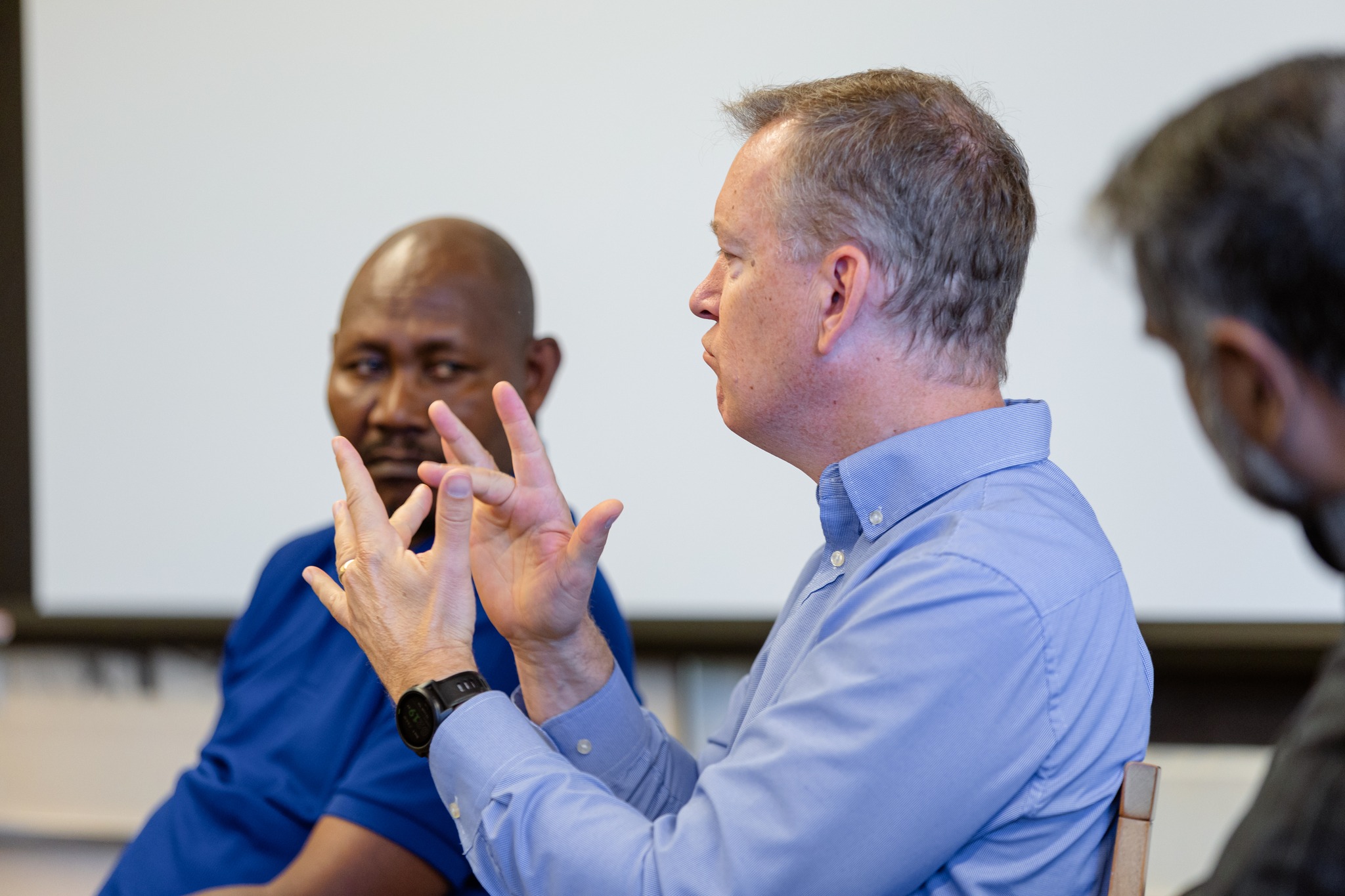Orchestrated by the International Congress on the Education of the Deaf (ICED), the Milan Congress of 1880 caused massive damage to the global Deaf community.
Instead of using the sign language that was most natural to them, Deaf children were forced to learn using oral methods.
“Oral education is the idea of using lip reading and speech therapy rather than sign language,” DOOR International’s Rob Myers explains,
“There were only one or two Deaf people out of hundreds of delegates in the room. The [Congress] decided that sign language education needed to be stopped and oral-only education needed to be emphasized. That destroyed the access to language and information for Deaf people,” he continues.
“Over about 40 years, from 1880 to 1920, about 80 percent of Deaf schools shifted from having sign language and oral education to just oral education only.”
The decision paralyzed Deaf education for generations. Think of gaining knowledge like a chain reaction, where one event sets off a sequence of similar events, much like how tipping over the first domino in a line causes all the others to fall.
“In order to know anything, you need access to information. And in order to get access to information, you need access to language. That language domino for Deaf people comes from a Deaf school; it doesn’t come from their families,” Myers says.
“Education in sign language is the key domino.”
Because the Milan Congress removed the sign language domino, none of the other dominoes could fall. Deaf students couldn’t learn because they couldn’t get access to information.
Thankfully, teachers met this summer in Rome to reverse the 1880 decision. More about that here. It was a “very, very different meeting with many, many Deaf people present,” Myers says.
“Their emphasis was ‘We need to stop oral-only education, and recognize – as the United Nations has done, and as over 40 percent of the world’s countries have done – that sign language is the language of Deaf people, and they need access to it to have access to information.’”
We’ll explain the connection to Gospel work in tomorrow’s report.
“Many of us, as hearing people, want to see the Gospel come to everyone. We can make some great plans, thinking that we understand the needs of a community, when, in fact, we’re missing some of the basic needs. That’s unfortunately been true for the Deaf community for thousands of years,” Myers says.
---
This story originally appeared at Mission Network News and is republished here with permission.
